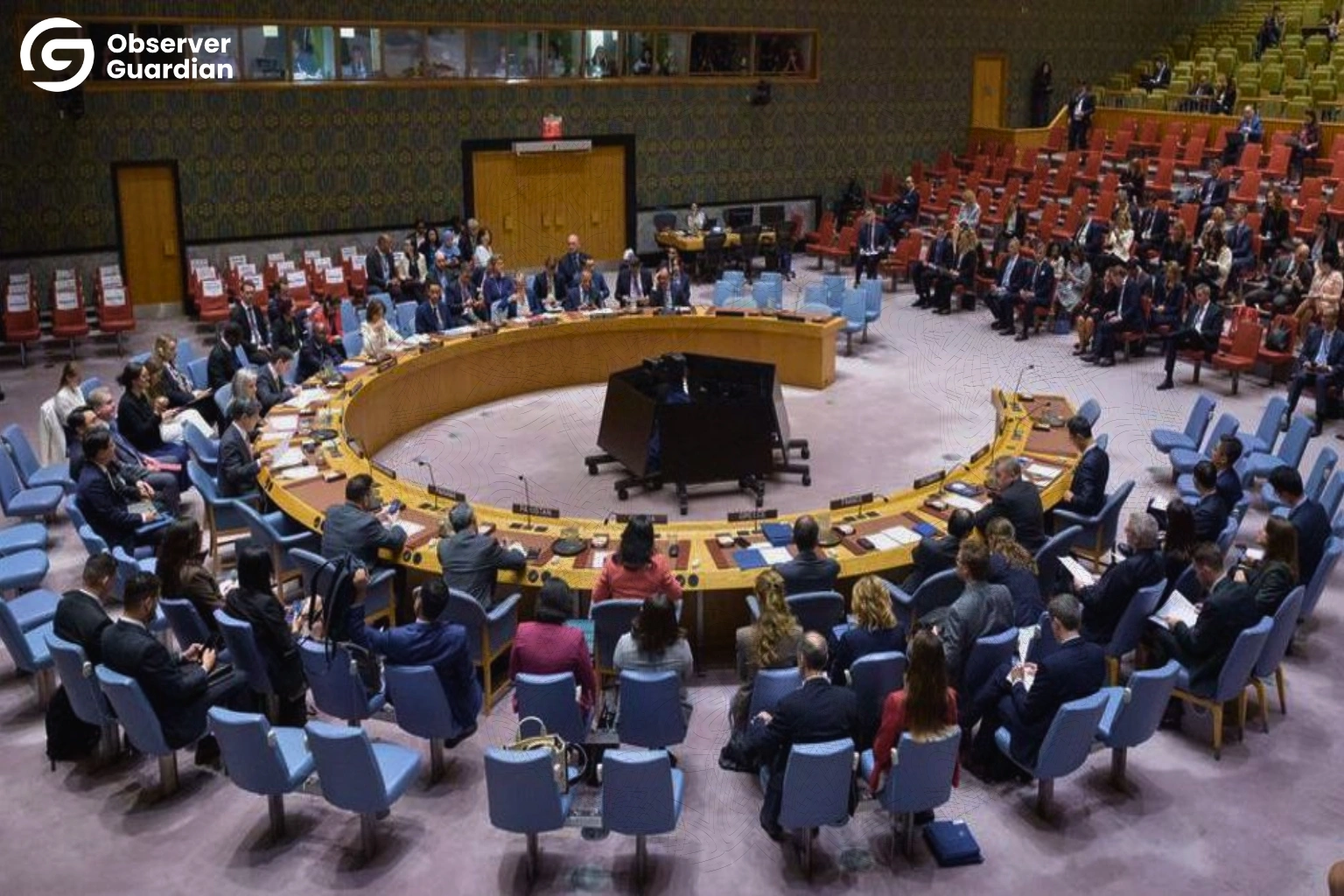At the time when the United Nations came into existence in 1945, the world was reeling, optimistic and largely controlled by a few powers and they agreed on a single thing never again. Eight decades later the same institution is a relic that is a bit of a struggle to keep up with a planet that it has come to be.
This week, the Foreign Minister of Australia Penny Wong has stated what a lot of diplomats have been talking about over the years, the UN is failing and needs some reform. Her comments were not another speech to a weary audience in New York, she struck a chord since it resonated the world over with frustration. It could be paralysis in the Security Council, the financial gridlock under the stranglehold of UN agencies, the waning confidence of smaller countries, but it is becoming all too obvious that the system that was put in place in 1945, is not one that fits well in 2025.
The Antique Architecture is out of Place in the new house
The most obvious representation of that mismatch is the Security Council, who is supposedly the engine of peace in the UN. Veto is still under the control of the five permanent members who are the US, the UK, France, China and Russia which is also a characteristic of the Cold War that is no longer needed. Practically, it can frequently imply gridlock: a single veto can halt group action on anything to Syria to Ukraine to Gaza. The other part of the world, particularly emerging economies such as India, Brazil, and Nigeria, have to be spectators of the action yet their population and economies are today more significant than some permanent members of the council.
It is not merely an issue of equity, but it is an issue of functionality. What does the UN mean by saying it represents We The peoples when its leadership is an expression of a mid-20th century hierarchy? This is the point that Penny Wong makes when she makes the call to modernize and democratize the UN. Reform does not mean symbolic inclusion, reform means survival.
The Money Issue that No One Wants to Discuss
Political reform may seem impossible, but the financial reform is equally urgent. UN operates through contributions by member states, although over the last few years, the payments have been withheld or put off as a bargaining tool in political conflicts. It leaves vital programs such as peacekeeping, refugee assistance, and climate hardness constantly underfunded and overextended.
In the meantime, the roles that were played by the UN have been taken over by individual foundations, companies and regional blocs. The Gates Foundation is currently spending more money than the World Health Organization on certain health programs. The European Union has been successful in becoming its own humanitarian machine. In brief, UN is being circumvented not due to its irrelevance, but due to its ineffectiveness.
Education Reform Will Not Be Simple, but It Should Not Be Without
Naturally, in the case of reform everybody agrees before the details strike the table. Enlarging the Security Council implies renegotiating the world power – which no one is ready to relinquish. Establishing new sources of funds implies taking power out of the hands of large donors. And setting a prize, in making bureaucracy responsible, is to open up years of putrefaction of bureaucracy.
Nevertheless, inaction is even greater. These are the times we live in where artificial intelligence is transforming warfare, climate catastrophes are displacing millions of people and fake news is traversing the globe quicker than diplomacy. However, the international organization that is meant to operate on crises is now unable to even define what a crisis is.
The lesser countries, most in Asia-Pacific and Global South, are the ones who will suffer the most if the UN continues to falter. They use multilateralism to increase their voices. A weaker UN does not do harm to the mighty people, it harms the powerless.
A Second of Bravery, Not of Nostalgia
The reform of the United Nations is not about destroying an old structure but re-modeling the house we have that we can use to cooperate in the world. The meaning of the blue flag is not entirely irrelevant anymore, but the symbols are not going to resolve wars, feed refugees, or control AI.
The creators of the UN envisioned the world in which states would negotiate, rather than engage in conflict. We should retain that vision. However, with the structure continuing to reflect yesterday, then this will one day become irrelevant to tomorrow.
The UN needs to change, in the name of credibility, and billions of people who rely on its imperfect power structure will silently slip back into the background of history it had been instrumental in creating.
⚠ Disclaimer
The views and opinions expressed in this article are exclusively those of the author and do not reflect the official stance, policies, or perspectives of the Platform.







